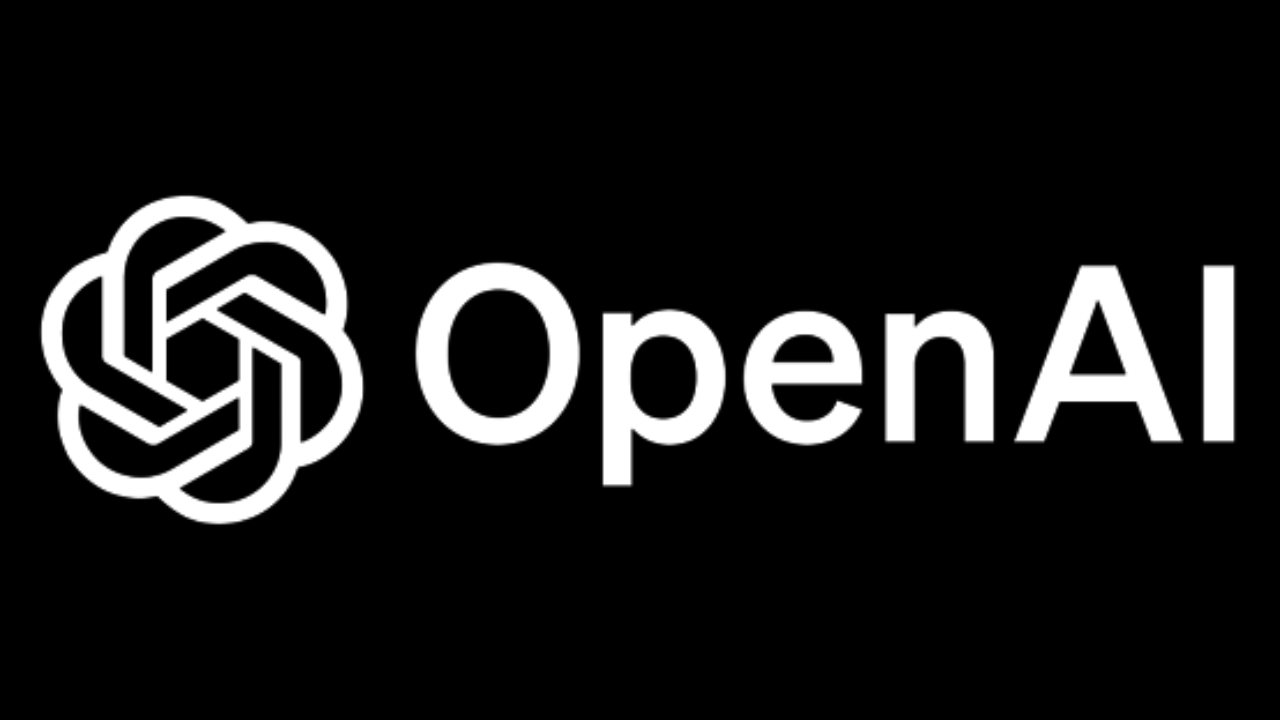OpenAI's Sam Altman discusses chip collab with Samsung and SK Hynix: Report
Looks like Sam Altman is getting serious about designing chips.

Sam Altman, chief executive of OpenAI, is in South Korea to meet semiconductor industry leaders, notably from Samsung Electronics and SK Hynix. His visit primarily focuses on exploring potential partnerships for his AI chip production venture that he has been working on for a while, reports Bloomberg, citing unofficial sources with knowledge of the matter.
The head of OpenAI arrived in Seoul on Thursday. Altman's objectives in South Korea align with his ambitions for OpenAI in general and AI-specialized hardware in particular. His schedule appears packed as he is set to meet executives from multiple Samsung divisions, including the System LSI unit that designs chips; Samsung Semiconductor, which produces DRAM and 3D NAND memory; and Samsung Foundry, which builds chips under contracts.
The meetings with different units of Samsung may indicate that Altman is exploring ways to design his AI processors, produce them, and then equip them with memory. From a strategic point of view, he aims to address the AI processor shortage issue and support the growing performance demands of OpenAI in pursuit of artificial general intelligence (AGI) development.
Speaking of OpenAI's AGI, there was a report about the company's AI discovery called Q* (pronounced as Q-Star) back in November. Q* was said to be a technology that could profoundly advance AI reasoning, which brings AI closer to human beings and is, therefore, considered a fundamental breakthrough in the development of AGI. Meanwhile, it was believed that Q* was a threat to humankind. Yet, at that point, Q* was good enough to solve mathematical tasks at a level similar to that of elementary school students. That said, perhaps OpenAI needs more (possibly exponentially more) computing resources to develop the project to a commercially reasonable level and then scale capacity to meet demand, which is why it needs its chip supply chain. Or perhaps OpenAI needs processors different from those offered by Nvidia and other off-the-shelf hardware providers to achieve the said goal.
In addition, he is reportedly set to meet the chief executive of SK Hynix, a significant maker of memory, and the chairman of SK Group. This South Korean conglomerate owns SK Hynix and runs various businesses, including chemicals, energy, and telecoms. OpenAI's Altman could potentially collaborate with SK Hynix over HBM memory supply for his AI processors. Meanwhile, his interests in SK Group could be outside his chip venture but within the OpenAI framework. Earlier this week, the Financial Times reported that Sam Altman met with investors from the United Arab Emirates to discuss the financial backing of his AI processor venture and TSMC to discuss the production of chips.
Get Tom's Hardware's best news and in-depth reviews, straight to your inbox.

Anton Shilov is a contributing writer at Tom’s Hardware. Over the past couple of decades, he has covered everything from CPUs and GPUs to supercomputers and from modern process technologies and latest fab tools to high-tech industry trends.
-
bit_user The key question I have is whether they have some unique insights into what sort of hardware will be best suited to their next gen AI, or whether this is really just about cost and/or scaling capacity.Reply
If the first part is true, then I can definitely understand why they'd want to guard these insights and not just feed them to Nvidia as feature-requests for future chips, since that would mean their competitors also gaining the benefits of those same features. Or, maybe they did feed feature requests to Nvidia but were unhappy with some aspect of the response.